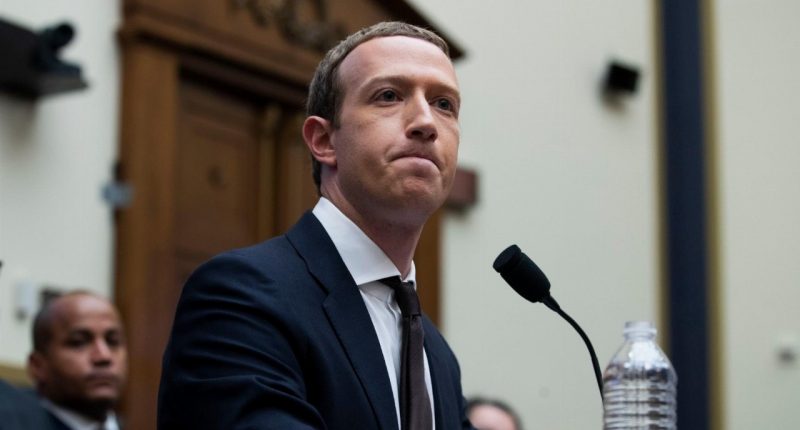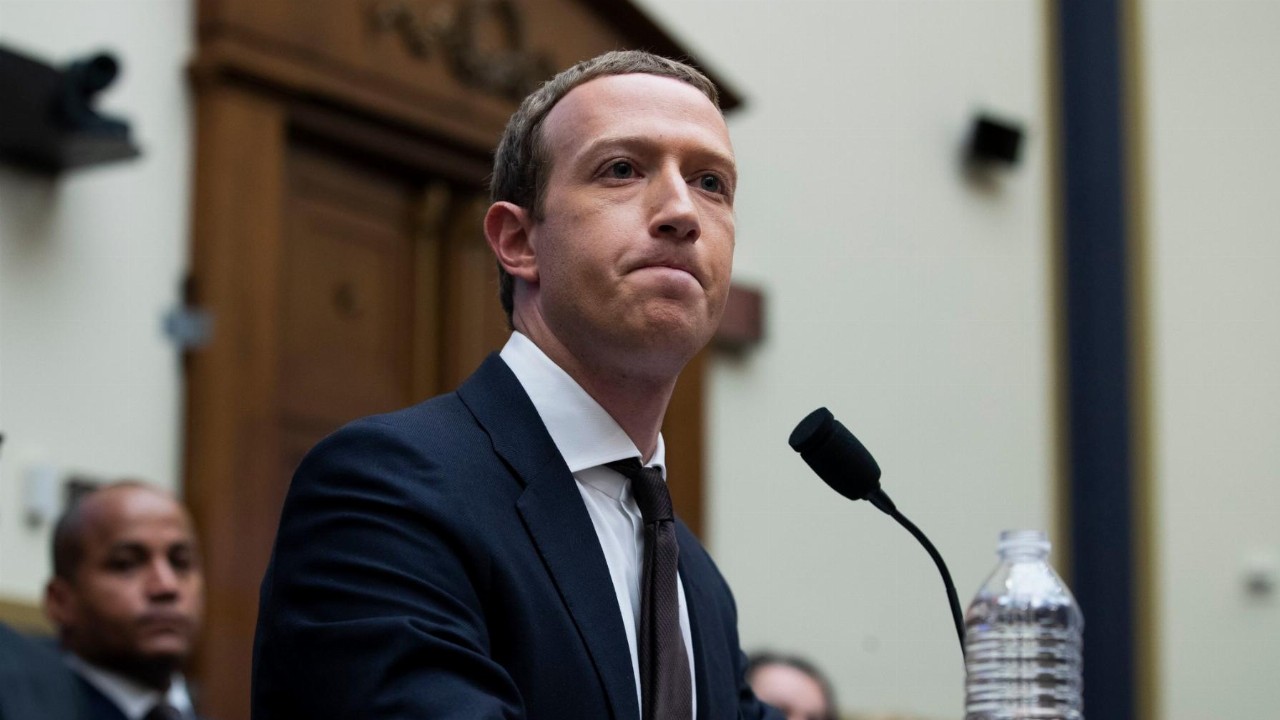- Facebook CEO Mark Zuckerberg called Australian lawmakers last week to discuss proposed legislation that would make tech giants pay local media outlets for content
- Zuckerberg “reached out to talk about the code and the impact on Facebook” on a call with Australian Treasurer Josh Frydenberg and communications minister Paul Fletcher
- While it was reportedly a constructive discussion, Frydenberg said he was not convinced to “back down”
- According to Frydenberg, the two mega-corporations account for more than 80 per cent of online advertising spending in Australia
- Both companies have launched public campaigns against the “News Media Bargaining Code”
Facebook CEO Mark Zuckerberg called Australian lawmakers last week to discuss proposed legislation that would make tech giants pay local media outlets for content but failed to persuade them to change their policy.
On a call with Australian Treasurer Josh Frydenberg and communications minister Paul Fletcher, Zuckerberg “reached out to talk about the code and the impact on Facebook.”
“No, Mark Zuckerberg didn’t convince me to back down if that’s what you’re asking,” Frydenberg told the ABC, but withheld any further details.
According to a Facebook spokeswoman in Australia, the social media behemoth’s executives regularly meet with governments on a variety of topics.
“We’re actively engaging with the Australian government with the goal of landing on a workable framework to support Australia’s news ecosystem,” she said.
The proposed legislation mandates that Facebook, along with Google, must negotiate payments with local publishers and broadcasters for content that appears on their websites. In the event a deal fails to be struck, a government-appointed arbitrator will decide for them.
According to Frydenberg, the two mega-corporations account for more than 80 per cent of online advertising spending in Australia, starving newsrooms of their primary revenue source and leading to widespread shutdowns and job losses.
Both companies have launched public campaigns against the ‘News Media Bargaining Code’, with Google threatening to withdraw its search engine service from Australia while Facebook said it might stop Australians from sharing news content on its platform should the laws go ahead.
“We’re told that if we go ahead with this, we’re going to break the internet,” Frydenberg continued, referring to a Senate inquiry this month that saw local heads of both companies outline their opposition to the plans.
The laws are expected to be among the toughest in the world in dealing with the financial impact of global internet companies on domestic media.
“What I do know is that media businesses should be paid for content,” he added.







